November 22, 2024 | 15:58 GMT +7
November 22, 2024 | 15:58 GMT +7
Hotline: 0913.378.918
November 22, 2024 | 15:58 GMT +7
Hotline: 0913.378.918
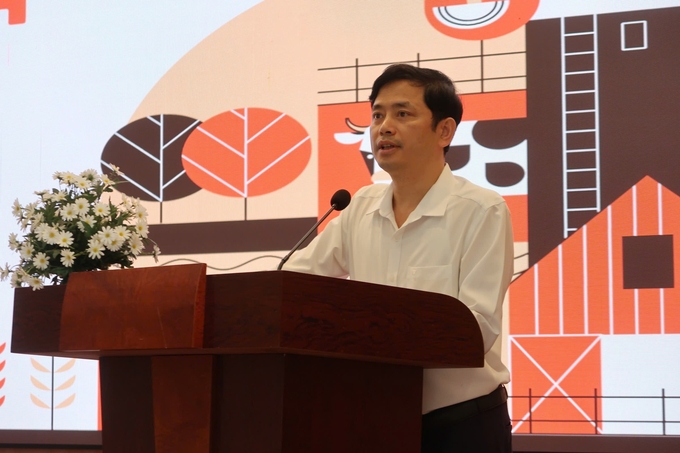
Mr. Nguyen Ngoc Toan, Head of the Department of Animal Husbandry, Veterinary, and Aquatic Resources of Son La, shared the accomplishments of the Chan Henh project. Photo: DB.
On the morning of November 11, the Department of Animal Husbandry, Veterinary, and Aquatic Resources of Son La collaborated with the International Livestock Research Institute (ILRI) and the Bioversity International and CIAT Alliance to hold the final review program for the “CGIAR Initiative on Sustainable Animal Productivity for Livelihoods, Nutrition and Gender inclusion (SAPLING)” project in Son La province, also known in Thai ethnic language as Chan Henh after three years of project implementation (2022-2024).
Farmers, both men and women, in project-deployed communes of Mai Son district improved their skills in animal breeding, artificial insemination for local pigs, livestock feed, antibiotic and vaccine use, and effective farm management, resulting in increased productivity and income.
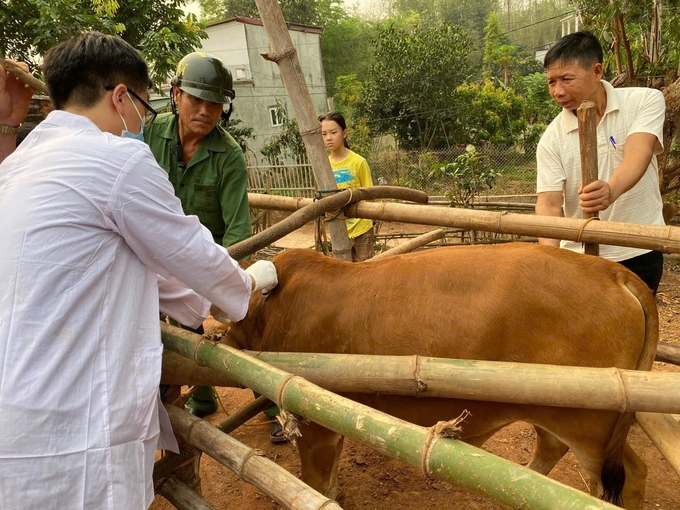
Veterinarians provided on-site vaccination support for farmers. Photo: DB.
By October 2024, the Department of Animal Husbandry, Veterinary, and Aquatic Resources of Son La had arranged visits for 34 expert delegations, including 10 international ones, to work on project content in the province.
Training and Capacity Building: A total of 232 farmers received guidance on breeding and selection in cattle and pig farming. Thirty-seven local veterinarians and agricultural extension officers gained veterinary and artificial insemination skills for cattle and pigs. Additionally, 32 instructors were trained in forage and livestock feed, and 1,183 households received training on forage, feeding, animal health, and biosecurity.
The project supported 7 livestock groups and one cooperative by providing new forage varieties, and nearly 100 households received support for artificial insemination for cattle in project communes. Four farm models and four forage production models were piloted, combining techniques with nutritious, drought-resistant grasses. Seven interest groups and one cooperative with over 120 members were formed, guiding members in business planning, market connections, and contract-based collaboration.
Additionally, the project provided market training for a service provider group focused on veterinary and artificial insemination services in Mai Son. Smallholder farmers and local veterinarians enhanced their knowledge in livestock feed, cover crops, and antibiotic use, improving productivity and food safety and contributing to increased income and product consumption for residents.
As a result, farmers in Mai Son district benefited from sustainable livestock models, food security strategies, and safer food integration into diets. The project promotes equal participation of men, women, youth, and ethnic minorities in cattle and pig value chains.
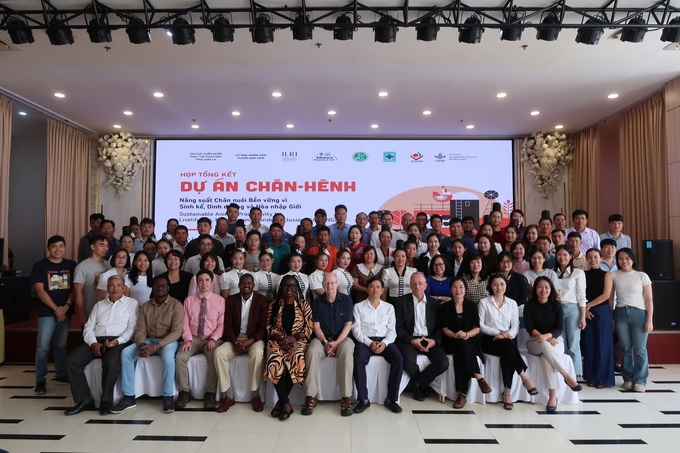
The achievements of the Chan Henh project have provided new directions for farmers in Mai Son district to continue sustainable development. Photo: DB.
Livestock farming in the province remains primarily small-scale and scattered, with limited technical advancements and production-to-consumption chains facing challenges. Unfavorable weather, especially storms, caused some project activities to adjust schedules, affecting the overall progress.
The project coincided with the harvest season, limiting farmers’ participation and requiring adjustments to better accommodate them. The cattle artificial insemination program faces potential decline due to a shortage of insemination technicians and shrinking grazing areas, with limited roughage during dry and winter seasons.
Mr. Nguyen Ngoc Toan noted, "The expertise of project staff across communes is uneven, with some lacking familiarity with project activities, leading to challenges in project dissemination and implementation. Additionally, some trainees struggle with the national language, hindering instructors in delivering knowledge."
The SAPLING project will conclude at the end of 2024. However, sustainable livestock practices and activities promoting women’s voices in livestock production initiated by the project will continue to drive agricultural progress in Son La. Local farmers and leaders remain committed to sustainable agricultural development, strengthening the rural economy, and improving the livelihoods of ethnic minorities in Vietnam's mountainous northwest region.
Ms. Cam Thi Khay, Vice Chairman of the Mai Son District People's Committee, shared, “To maintain and further the results of Chan Henh in the future, the People's Committee will focus on expanding capacity building for local staff. It will support impoverished and near-poor households and regularly review project activities, adjusting strategies when necessary to ensure sustainable project continuation."
The project was implemented by the International Livestock Research Institute (ILRI) and the Bioversity International and CIAT Alliance, in collaboration with the National Institute of Animal Science (NIAS), the National Institute of Veterinary Research (NIVR), the National Institute of Nutrition (NIN), and the Sơn La Provincial Department of Animal Husbandry, Veterinary, and Aquatic Resources.
Translated by Kieu Chi
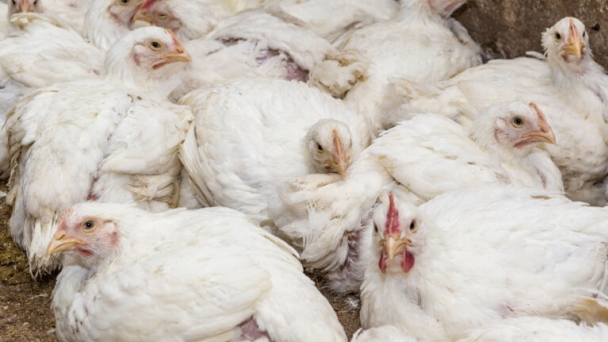
(VAN) EU Poultry, a Slovak poultry processor owned by Ukrainian businessman Dmytro Borodavka, has rolled out plans to invest almost €50 million into capacity expansion in the country.
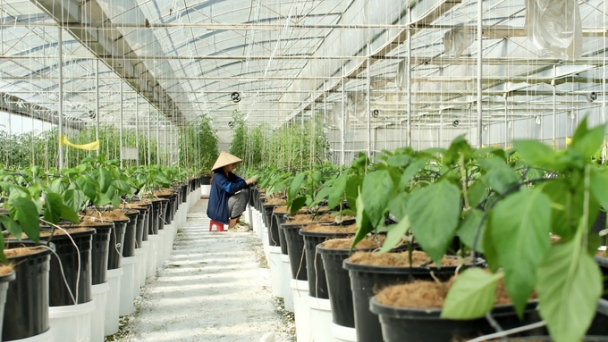
(VAN) Farmers in Moc Chau are capable of high-tech agricultural production. Therefore, any support for investing in net houses and greenhouses should be carried out on a large scale.
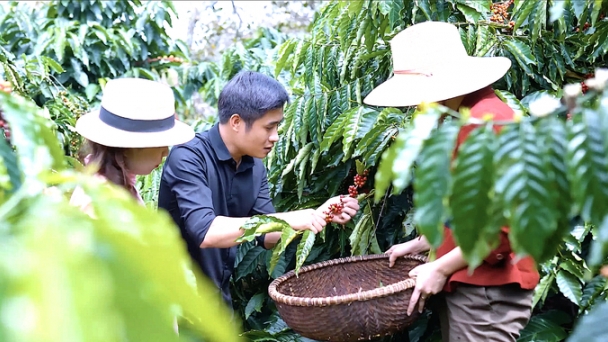
(VAN) "Our goal is to collaborate with farmers in cultivating organic coffee and delivering high-quality products with a distinct flavor to our customers."
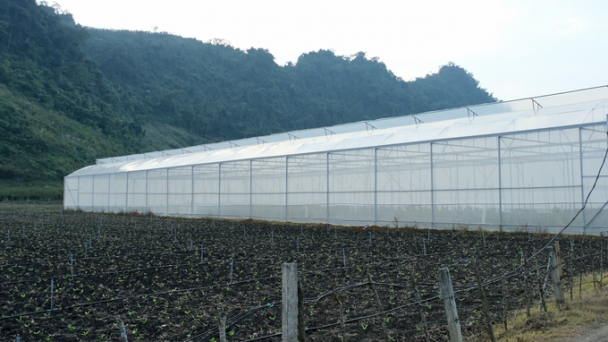
(VAN) The formation of a concentrated vegetable production area offers significant benefits, including reducing import of certain vegetables from China.
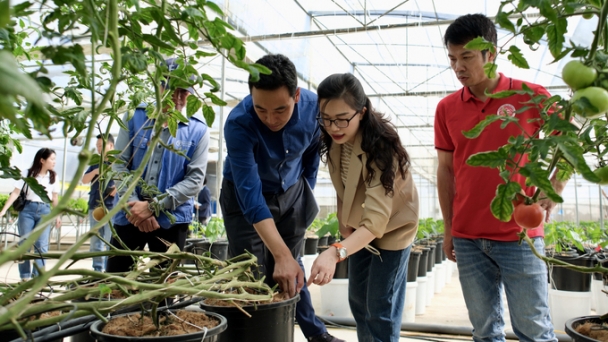
(VAN) A key feature of these models is the use of Nutrient Film Technique (NFT) recirculating irrigation technology, which is fully automated.
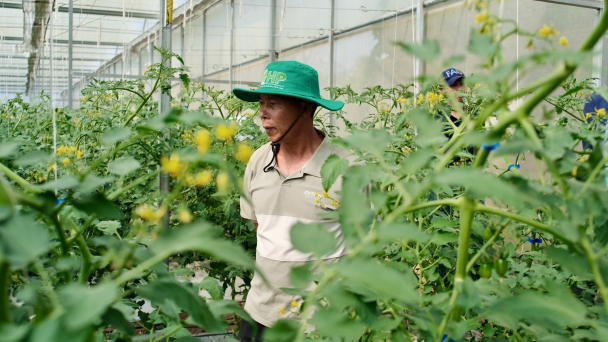
(VAN) At 53 years old, Mr. Ha Van Tien is determined to develop standardized greenhouses to supply organic vegetables and fruits for the clean agricultural products market.
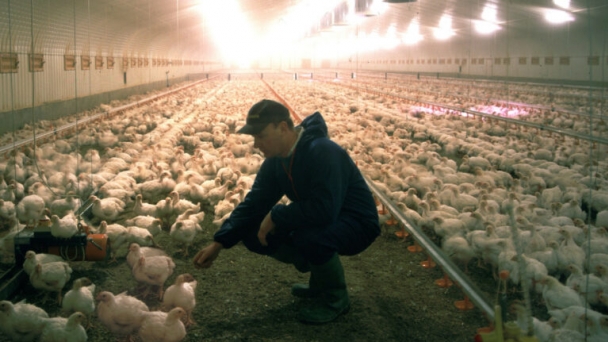
(VAN) Feed isn’t just fuel for poultry; it’s the foundation of health and growth. Accounting for up to 70% of production costs, feed quality directly impacts gut health, nutrient absorption, and feed efficiency.